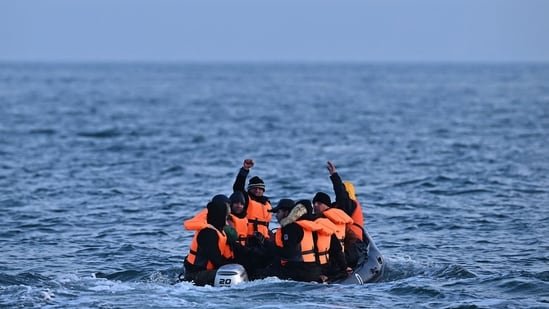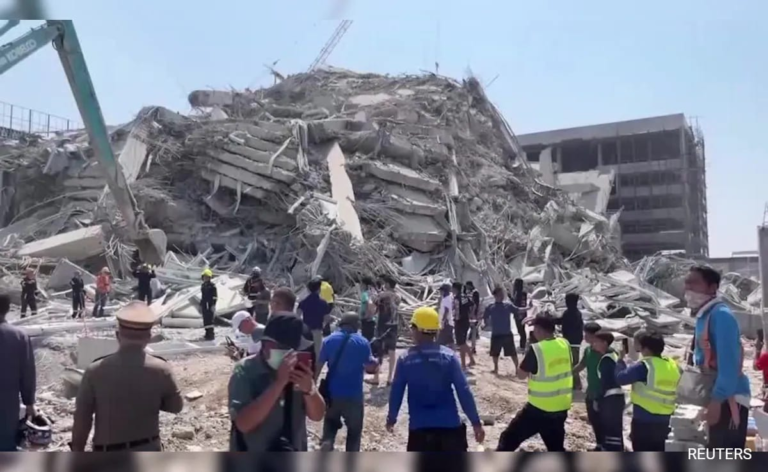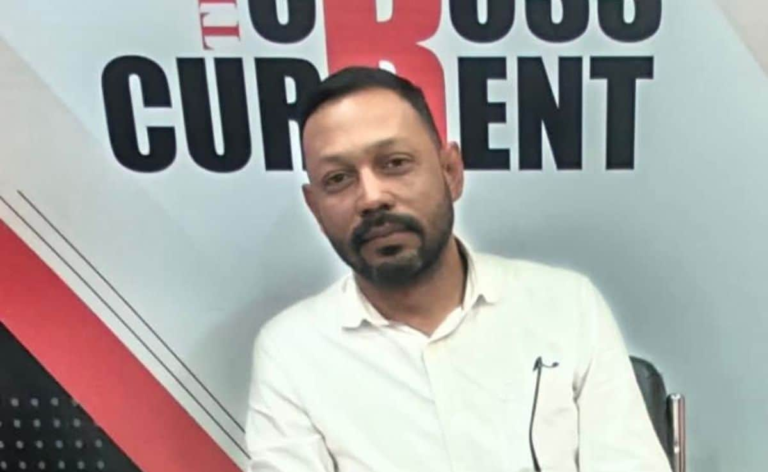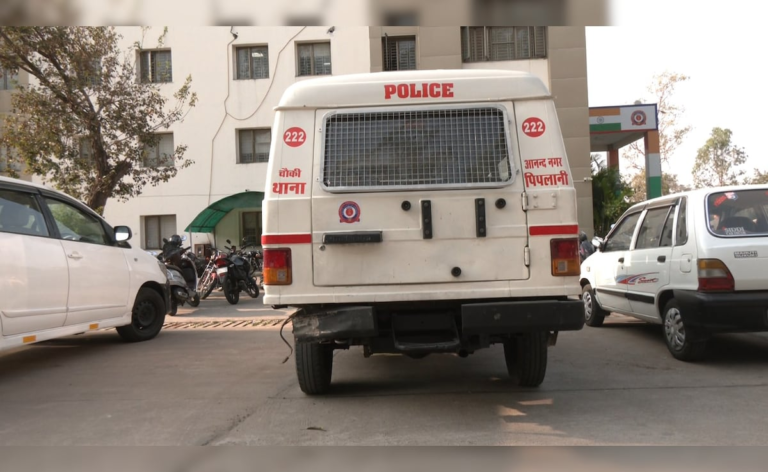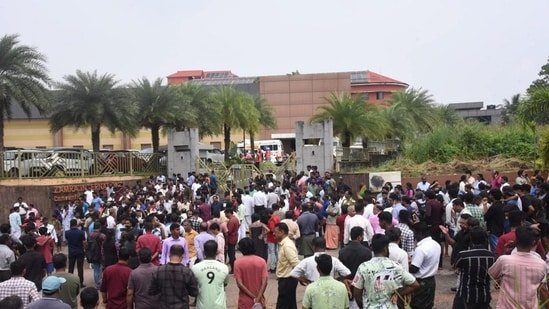
The blast that took place at a Jehovah’s Witnesses prayer convention near Kochi on Sunday came a day after a Hamas leader made an online address to an anti-Israel meet organised by a Muslim organisation in the state. For a few hours, until the perpetrator of the act of terror that claimed three lives and injured over 50 persons surrendered to police, many feared, partly due to fear and prejudices, that the violence in West Asia had been transported to Kerala. Dominic Martin, an expat Malayali and a disgruntled member of the Jehovah’s Witnesses, had used expertise allegedly acquired by trawling the internet to build the IED and trigger an explosion because the Christian radical sect had ignored his criticism of its practices. Martin believes the practices of Jehovah’s Witnesses are anti-national: The sect had hogged headlines some years ago after some practitioners held that singing the national anthem was against their beliefs and got a favourable verdict from the Supreme Court. Hate has many hues, and, as in the case of Martin, may even pretend to be rational!

The scary, and tragic, incident revealed not just the precarity of life but also of social peace. The interconnected nature of the world — Kerala has been a big beneficiary of migrations, especially to West Asia — influences people to locate singular developments on a larger global canvas and interpret them in the context of international politics. A resolution passed by the all-party meeting on Monday invoked the multi-faith character of Kerala society and called out attempts to spread hate. Martin’s lone wolf act consumed three lives, but it may have forced Kerala to pause and reflect on its precarious secular and cosmopolitan social fabric. Unfortunately, the scare his actions triggered may lead to enhanced securitisation of society that Kerala is not accustomed to.



